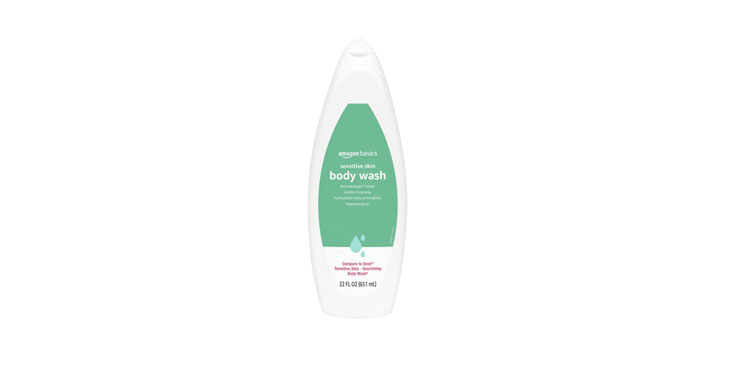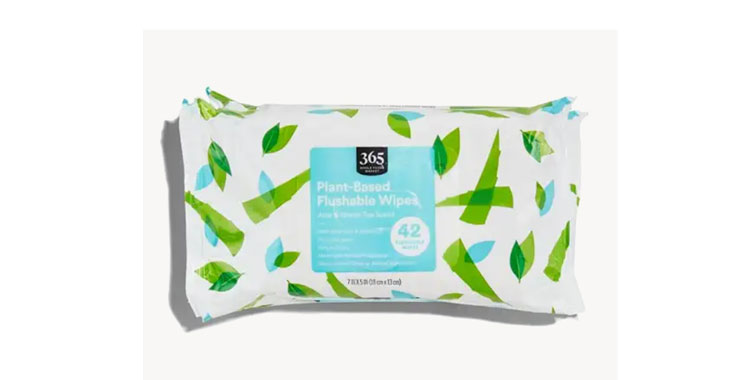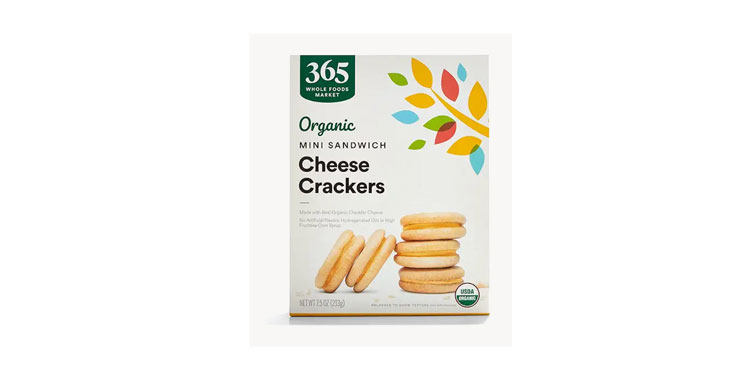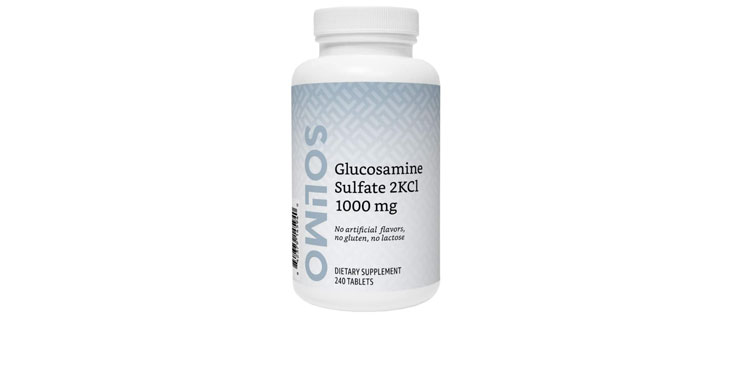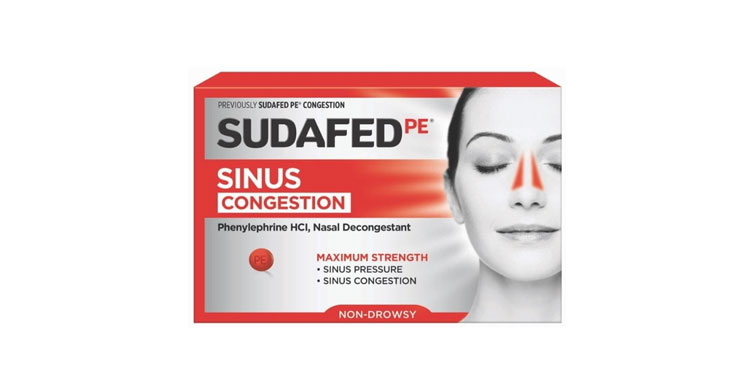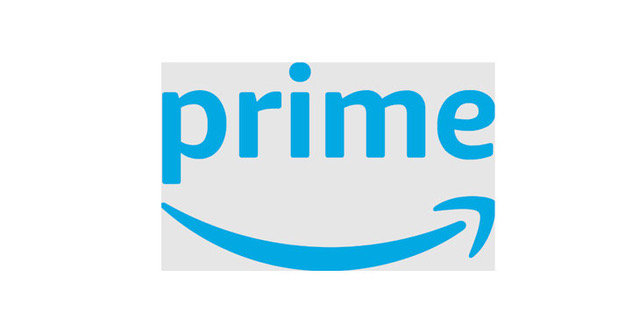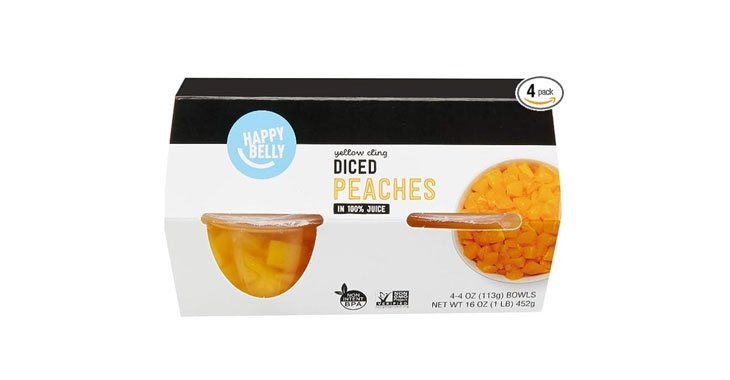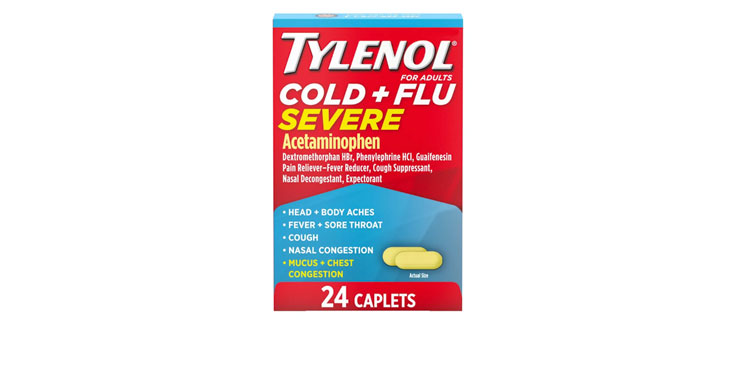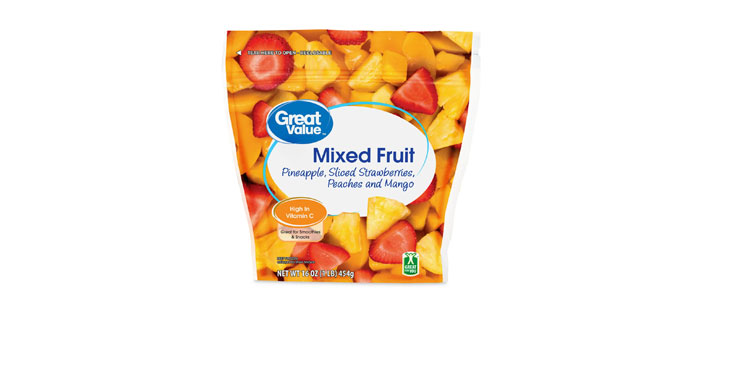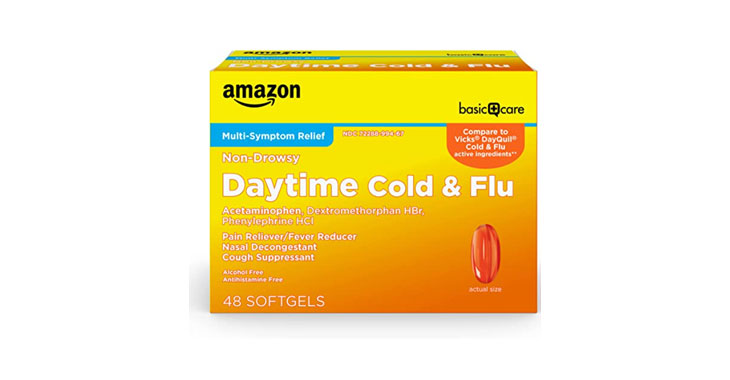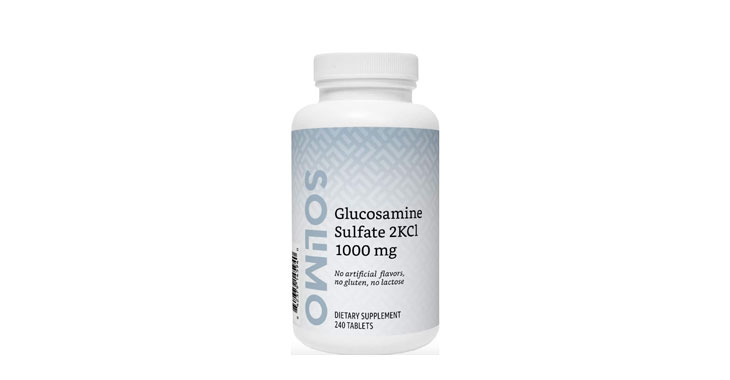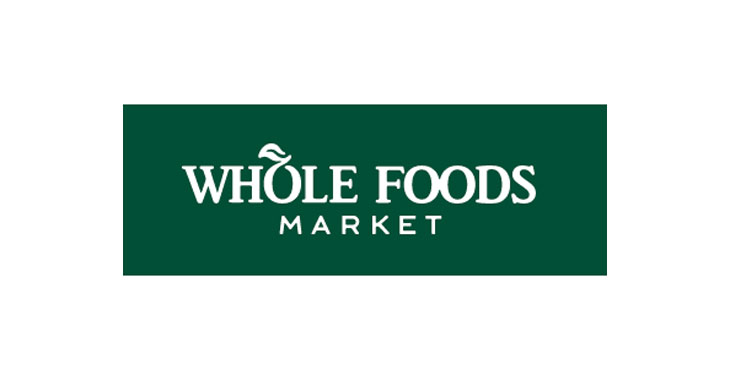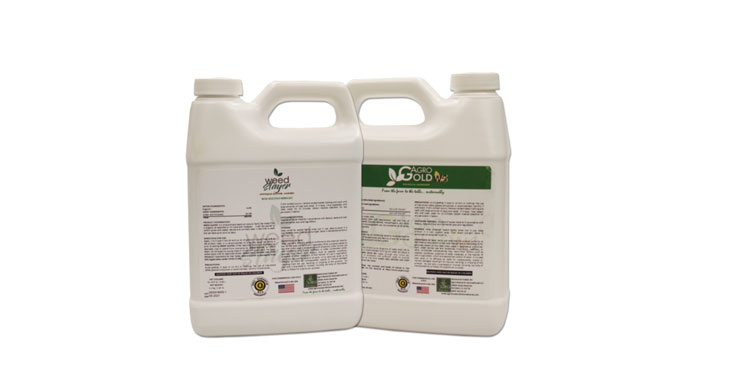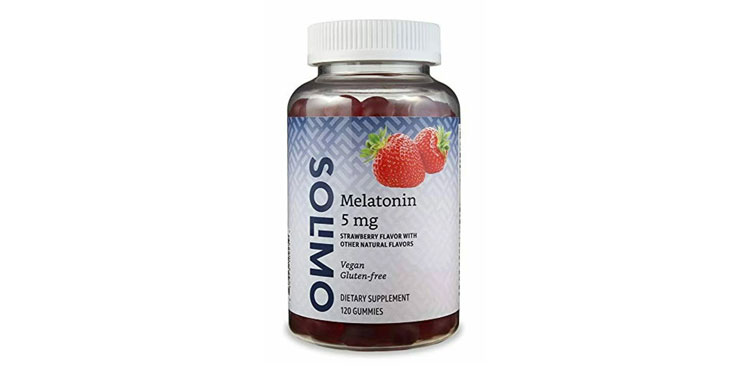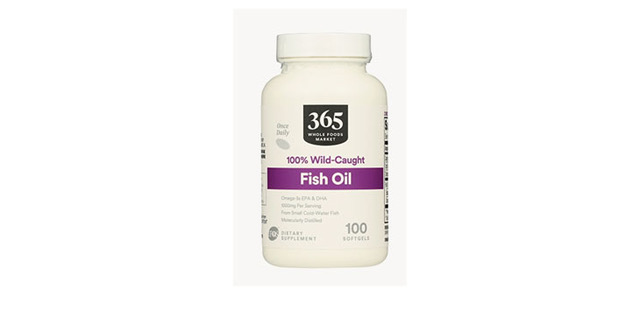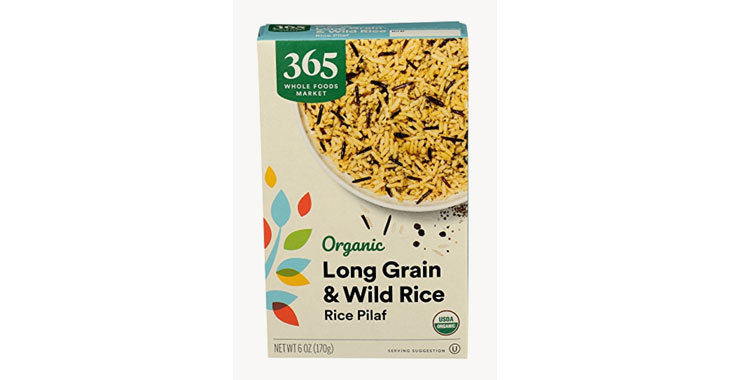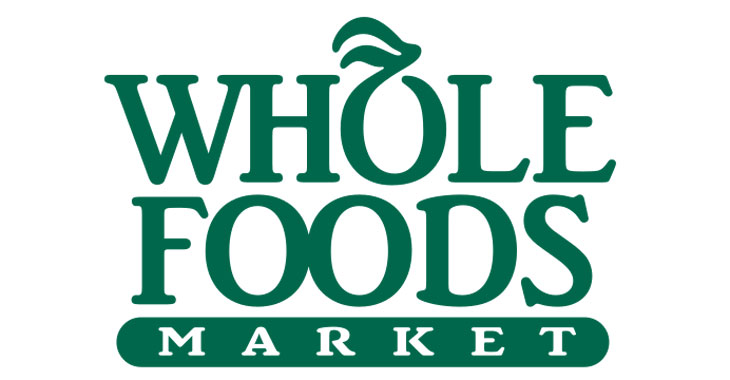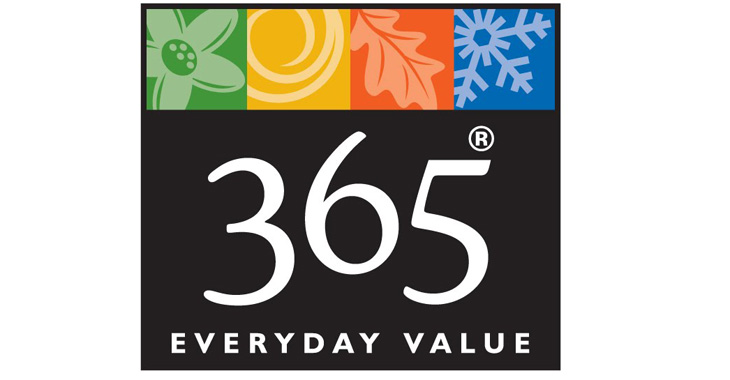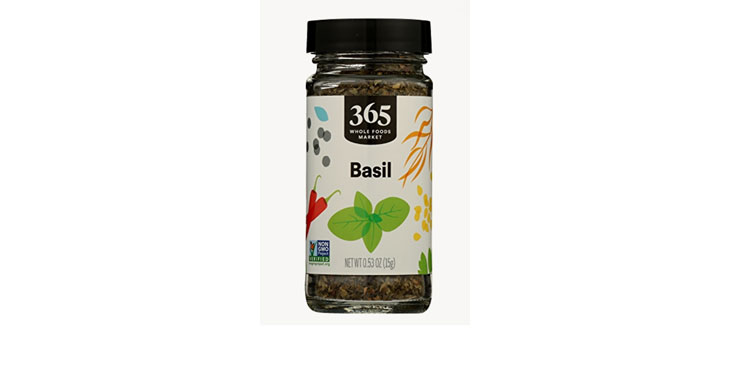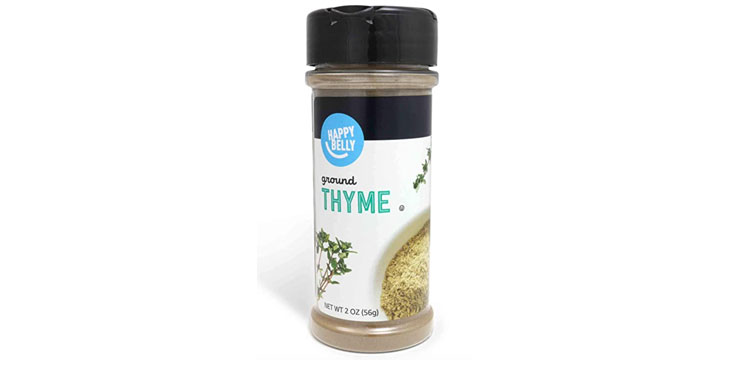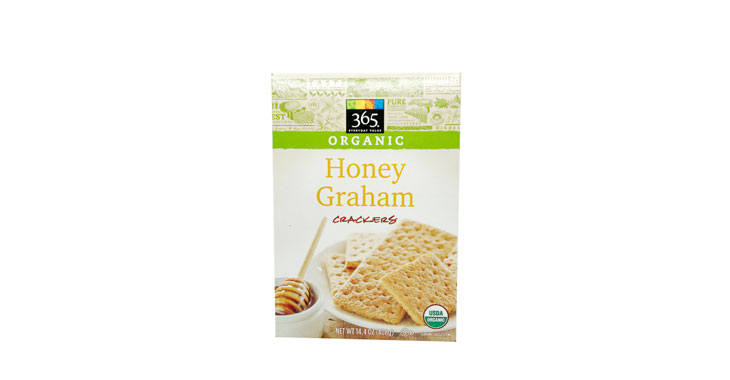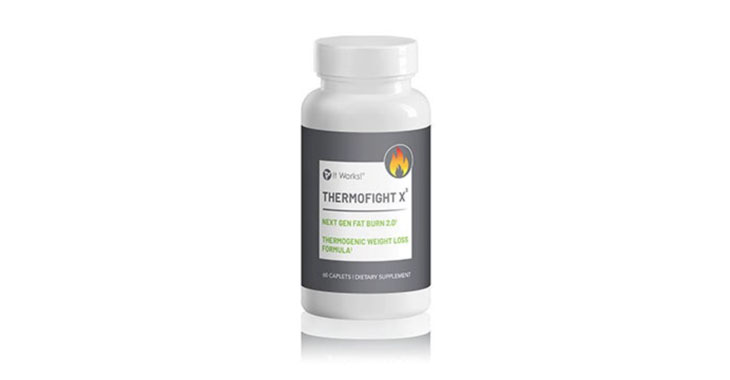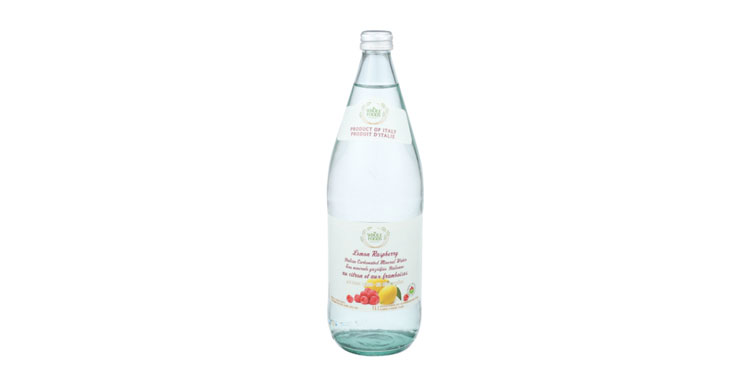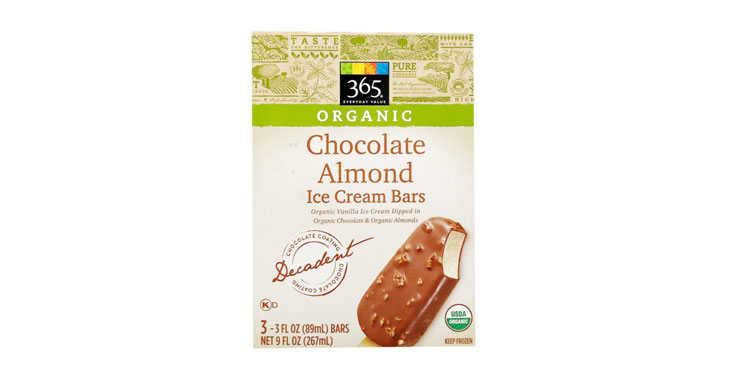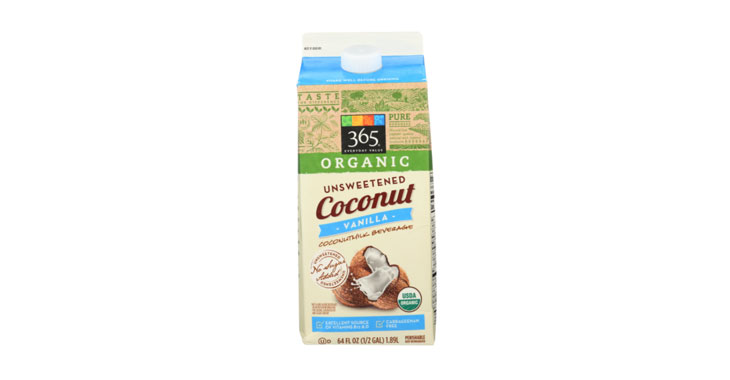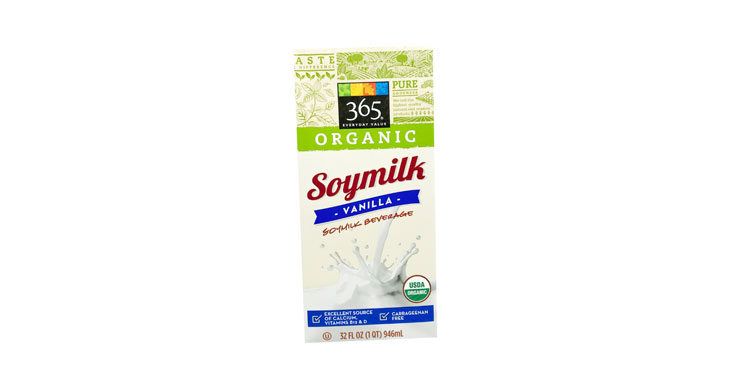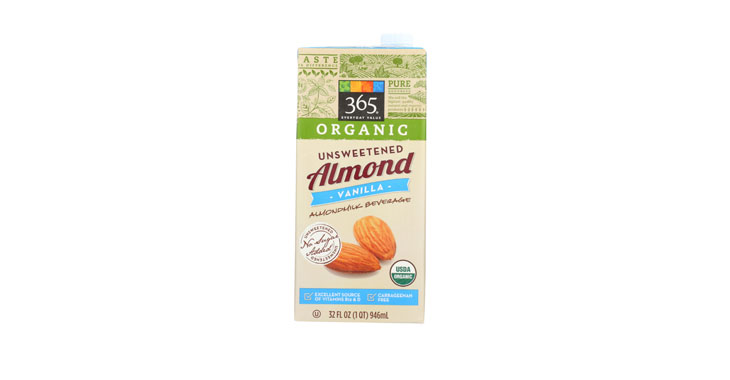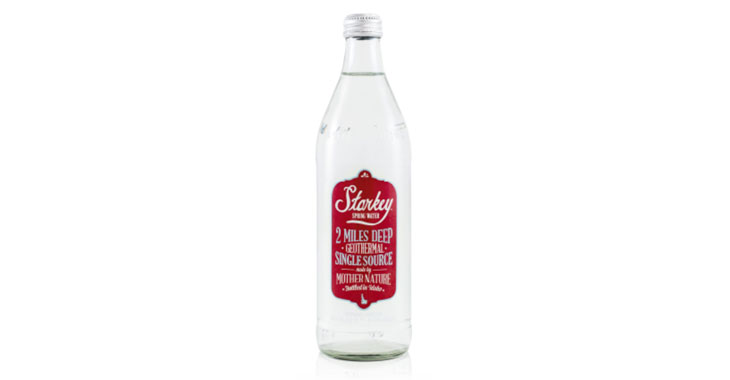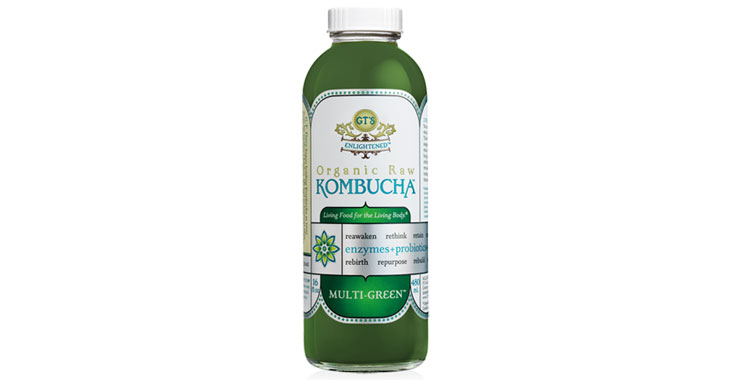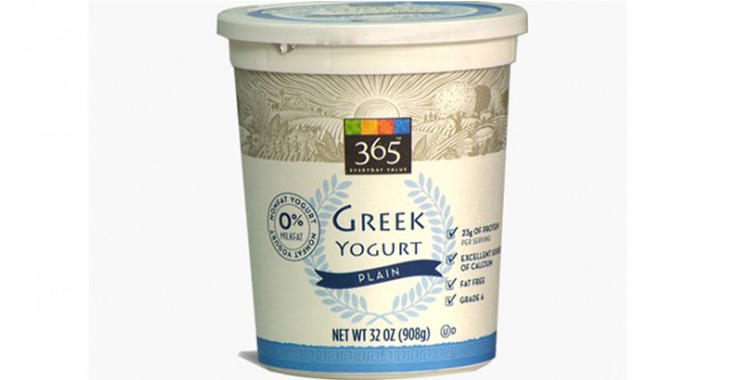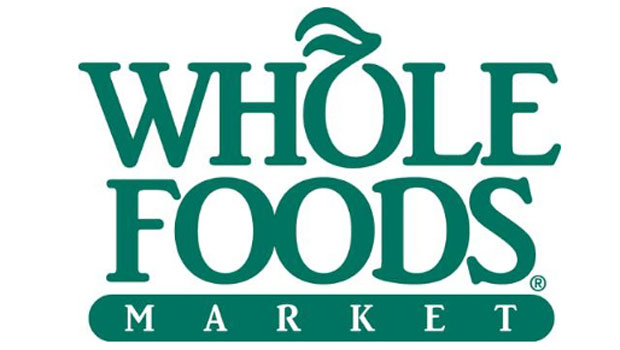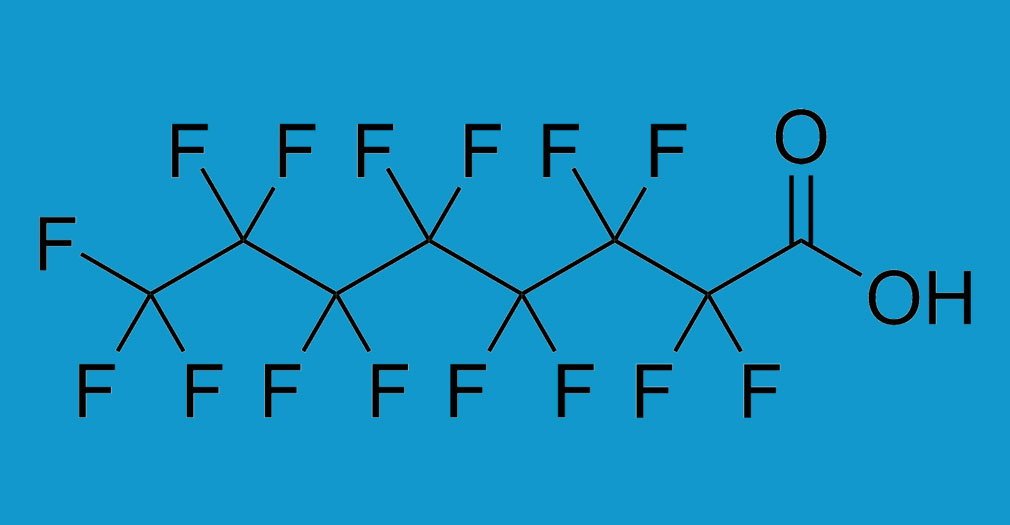
Ring Video Doorbells and Security Cameras
Allegations: Failing to adequately disclose that in order to have access to certain key features of the Ring video doorbells and security cameras consumers need to purchase a Ring Basic…
In December 2016, a class-action lawsuit was filed against SquareTrade for allegedly deceptively marketing Protection Plans for electronics and appliances through Amazon.com. Among other things, the complaint alleges that SquareTrade deceptively offers broad protection coverage on Amazon.com product pages without adequately disclosing that the Terms and Conditions of the coverage (which consumers do not have access to before purchase) restrict and contradict the representations on the product pages. The complaint also alleges that SquareTrade sells Protections Plans for products that are not eligible for the coverage (because they were not purchased on Amazon.com) without adequately informing consumers that Protection Plans only apply to products purchased through Amazon. (Starke et al v. SquareTrade, Inc., Case No. 16-cv-7036, E. D. NY.)
For more information about class-action lawsuits filed against Amazon and TINA.org’s coverage of the company, click here.
Allegations: Failing to adequately disclose that in order to have access to certain key features of the Ring video doorbells and security cameras consumers need to purchase a Ring Basic…
Allegations: Marketing that products will help protect homes and that the company safeguards consumers’ private information when hackers have used the security systems to spy on and harass people who…
Allegations: Misleadingly marketing that the doorbell’s battery lasts between 6 and 12 months when the battery actually lasts less than 2 months
Allegations: Falsely marketing products as hypoallergenic
Allegations: Falsely advertising discounts off of artificially inflated “List Prices” and as available for a limited time
Allegations: Failing to adequately disclose that consumers who “buy” digital content actually get a revocable license to access the content
Allegations: Failing to adequately disclose that consumers who “buy” digital content actually get a revocable license to access the content
Allegations: Misleadingly advertising that Amazon Prime subscriptions included “commercial-free” streaming of movies and tv shows and then later charging an additional $2.99/month for ad-free streaming services
Allegations: Failing to adequately disclose that many Amazon customers were automatically enrolled in – and charged for – Audible memberships, and making it difficult to cancel the memberships
Allegations: Failing to disclose that products contain heavy metals
Allegations: Marketing products as safe without disclosing that they pose a fire risk because the batteries in them can overheat and ignite
Allegations: Promoting dietary supplements as if they are legal, safe and therapeutic when they are illegal and have not been approved by the FDA
Allegations: Failing to deliver purchases by the represented dates and times
Allegations: Misleadingly marketing that products are sustainable and mitigate carbon emissions
Allegations: Falsely marketing products as plant-based
Allegations: Misleadingly marketing that products contain “Real Organic Cheddar Cheese”
Allegations: Failing to include “service fees” that range from $4.95 to $9.95 in advertised prices
Allegations: Falsely marketing that Amazon Prime members receive free 2-hour delivery of groceries when Amazon charges consumers a $9.95 service fee for grocery deliveries from Whole Foods Market
Allegations: Falsely marketing supplements as glucosamine sulfate when they don’t contain any glucosamine sulfate
Allegations: Failing to disclose the terms of subscriptions
Allegations: Failing to adequately disclose a $2 deposit fee in advertised retail prices
Allegations: Failing to adequately disclose the terms of automatically renewing subscriptions, charging consumers without their consent, and making it difficult to cancel
Allegations: Preventing consumers from giving negative reviews of Amazon on its websites and apps
Allegations: Falsely marketing that medicines treat nasal congestion
Allegations: Misrepresenting that Amazon’s refund policy allows customers to get a refund for unwanted items returned within 30 days when it routinely fails to issue refunds for returned items
Allegations: Misleadingly marketing “same-day” or “two day” delivery for Amazon Prime members
Allegations: Misleadingly marketing that products contain “100% Juice”
Allegations: Falsely marketing that phenylephrine products treat congestion and other cold and flu symptoms
Allegations: Failing to disclose that products contain a bacterium that could lead to serious adverse health consequences
Allegations: Falsely marketing medicines as “non-drowsy” when one of the active ingredients causes drowsiness
Allegations: Falsely advertising discounts by increasing original prices for a short period of time and then offering members “discounted” prices
Allegations: Falsely marketing supplements as glucosamine sulfate when they don’t contain any glucosamine sulfate
Allegations: Misleadingly marketing products as “whole grain”
Allegations: Falsely marketing products as natural, organic, and suitable for organic plants
Allegations: Misleadingly marketing the weight of fish in products as higher than it actually is
Allegations: Using dark patterns to make it difficult to cancel Amazon Prime memberships
Allegations: Misleadingly marketing that consumers can “buy” digital content when Amazon may revoke access to content at any time
Allegations: Misleadingly marketing that consumers can “buy” digital content when Amazon may revoke access to content at any time
Allegations: Misleadingly marketing that consumers can “buy” digital content when Amazon may revoke access to content at any time
Allegations: Dietary supplements contain more melatonin than advertised
Allegations: Deceptively marketing that Amazon Prime memberships include “Free Titles at Audible” when the company automatically enrolls members in a paid subscription for Audible
Allegations: Falsely marketing pizzas as being 18 inches when they are actually 16 inches
Allegations: Deceptively advertising Subscribe & Save subscriptions
Allegations: Falsely marketing the amount of Omega-3 fatty acids in each serving
Allegations: Deceptively using slack-filled packaging and misleadingly marketing its commitment to environmental stewardship
Allegations: Misleadingly marketing ice cream bars as dipped in chocolate when the coating actually contains more vegetable oil than cacao ingredients
Allegations: Misleadingly marketing that the main flavoring ingredient is vanilla when the Ingredients list does not contain a vanilla ingredient
Allegations: Falsely marketing that consumers who use their Amazon Prime Rewards Visa Signature Card “earn 5% back at Amazon Fresh” when they actually receive only 1% back on purchases
Allegations: Failing to disclose that products contain, or are at risk of containing, toxic heavy metals
Allegations: False “Animal Welfare Certified” and “No Antibiotics, Ever” claims
Allegations: Failing to disclose products contain heavy metals
Allegations: Misleadingly marketing the ingredients in Organic 365 Honey Graham Crackers
Allegations: Misleadingly listing “organic dehydrated cane juice solids” as an ingredient when it’s actually sugar
Allegations: Misleadingly representing the extent to which Alexa devices record and store audio recordings
Allegations: Failing to disclose that the words that trigger devices to listen and respond to commands also initiate a process to create and permanently store recordings
Allegations: Misleadingly advertising disposable plates and bowls as compostable
Allegations: Deceptively marketing Thermofight
Allegations: Falsely advertising the energy capacity and safety of batteries
Allegations: Audible’s “free” trials of audiobooks violate California law
Allegations: Falsely marketing lemons and raspberries as the main flavoring ingredients
Allegations: Failing to disclose that foods contain allergens
Allegations: Failing to disclose that vanilla flavor comes from artificial flavors
Allegations: Failing to adequately disclose that consumers need to pay additional money to get certain key features
To actually get this perk, consumers may have to pay very close attention.
Class-action lawsuits target human and environmentally-friendly claims.
Think twice before sticking nonstick cooking pans in the dishwasher.
Consumers also have a beef with claim that meat is “animal welfare certified.”
At issue is company’s distribution of products illegally marketed as drugs.
